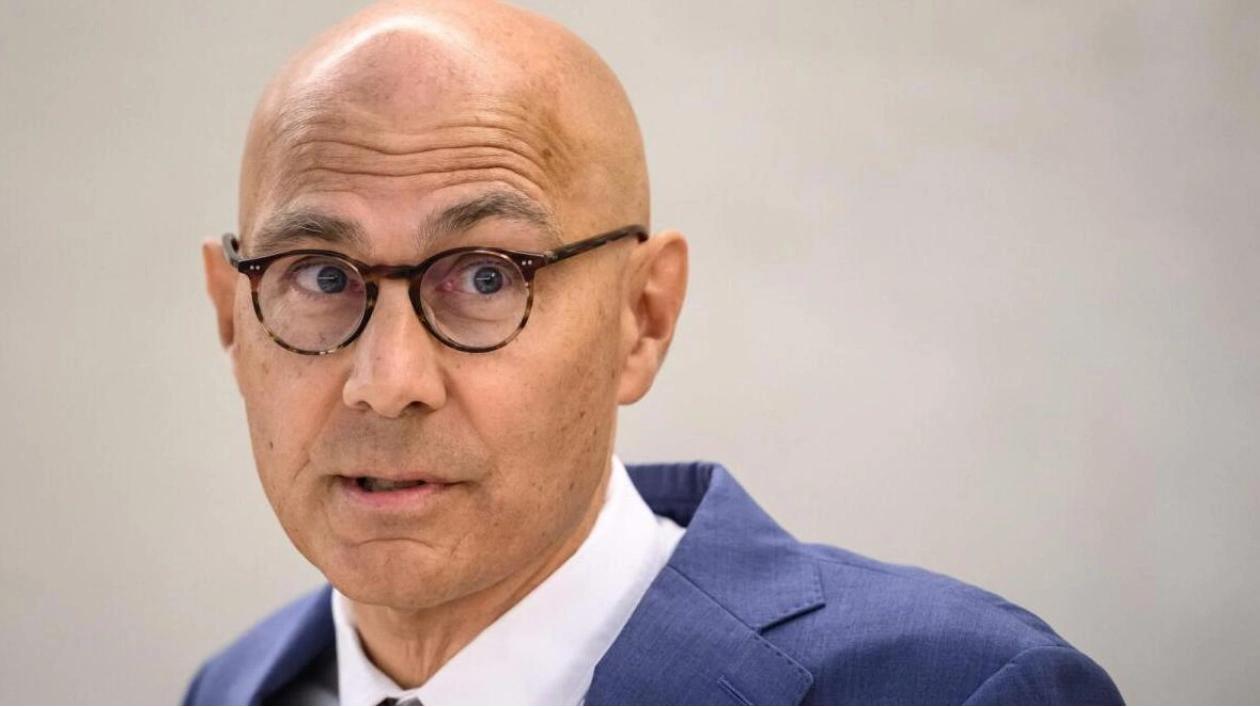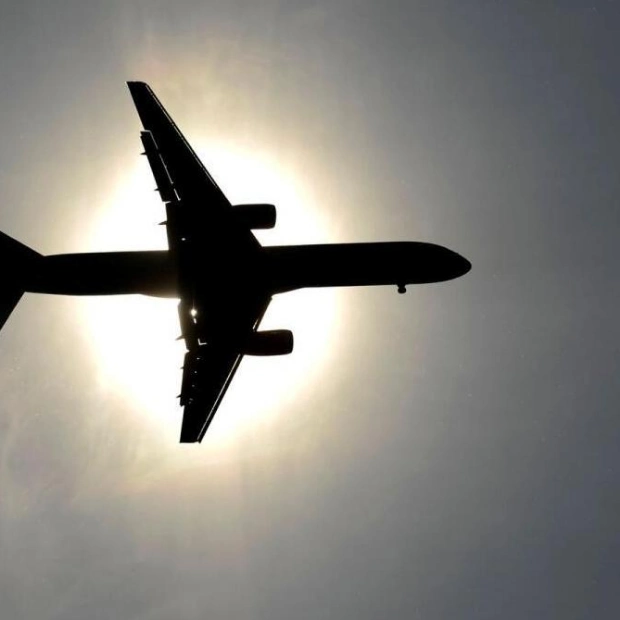United Nations High Commissioner for Human Rights Volker Turk emphasizes that any political transition in Syria must address the issue of missing individuals. — AFP file photo
The UN rights chief stated on Monday that any political transition in Syria following the fall of President Bashar Al Assad must include accountability for him and others responsible for crimes committed under his rule.
"Any political transition must ensure accountability for those responsible for serious violations and guarantee that they are held to account," Volker Turk told reporters in Geneva.
When asked if Assad should be among those held accountable, Turk responded, "The former president of Syria and whoever was in senior leadership positions, there are indeed serious grounds to believe that they may have committed atrocity crimes." He stressed the importance of meticulously collecting and preserving all evidence for future use.
Turk's comments came after Assad fled Syria as Islamist-led rebels took control of Damascus, sparking celebrations nationwide and beyond, marking the end of his oppressive rule.
Assad's government fell 11 days after the rebels launched a surprise advance, more than 13 years after his crackdown on anti-government protests ignited Syria's civil war, which had largely been dormant until the rebel push.
The conflict in Syria has resulted in over 500,000 deaths and forced half of the population to flee their homes. Turk highlighted "the most serious human rights violations... including torture and the use of chemical weapons."
The dramatic shift in Syria brought "hope that this would be an opportunity for the country to build a future grounded in human rights, freedom, and justice," Turk said, adding that "reform of the security apparatus will be key."
"This transition must also ensure that the tragedy of missing people is addressed," he said, noting that more than 100,000 people had disappeared during the civil war.
Turk also emphasized that hostilities were still ongoing in parts of Syria and called for all parties to abide by their obligations under international humanitarian law and human rights law. He particularly stressed the need to protect all minorities and prevent reprisals and acts of revenge.
Source link: https://www.khaleejtimes.com






